At Nts’äw Chua youth transition home in Whitehorse, staff do more than provide shelter — they create stability, build trust and guide young people through one of life’s most critical periods: the transition to adulthood. One of those people is Kelan. We sat down with Kelan to talk about his journey into this field, what a good day looks like and why this work matters so much.
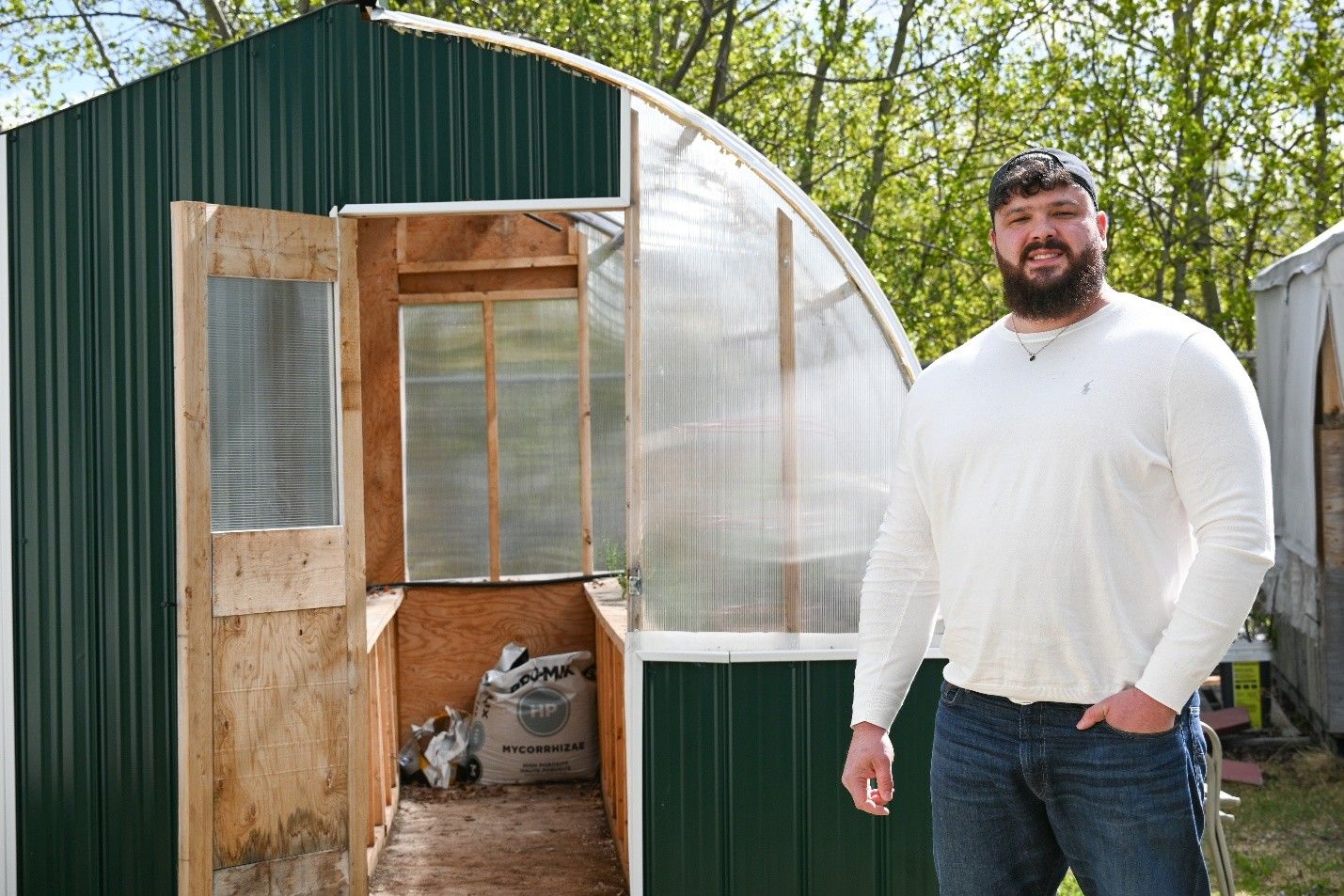
Could you introduce yourself and tell us about your role?
My name is Kelan and I'm a transitional support worker at the Nts’ äw Chua youth transition home in Whitehorse.
How did you get into this line of work?
I think it started when I was about 15. It felt like a calling. I was always babysitting my two younger siblings and their friends. I’ve just always loved kids. I started out working at summer camps, then became a camp counselor. When I began my degree in psychology at Trent University, I knew I wanted to work with children. While I was there, I began supporting children with complex neurological disorders like those on the autism spectrum.
Later, I directed a teen respite care program and then moved on to a clinical space in Alberta, working with youth who had violent behaviors and complex needs. When I saw the opportunity at Nts’äw Chua — a new program in the Yukon at the time — I knew it was the right fit. That was almost 6 years ago, and I’ve been here ever since.
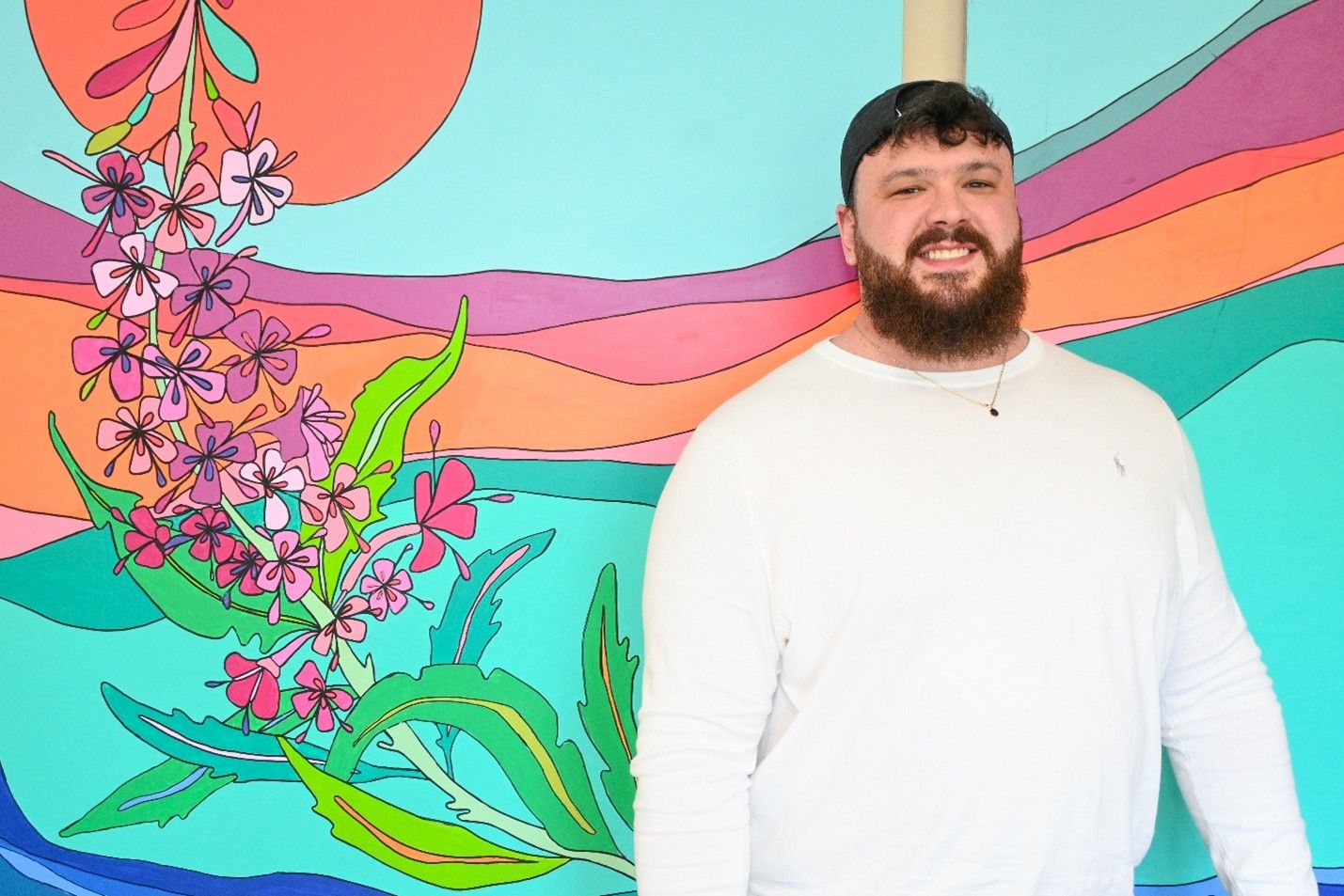
Tell us about Nts’äw Chua. What kind of work happens here?
Nts’äw Chua means “wild rhubarb little creek” in Southern Tutchone — the traditional name for the Porter Creek area of Whitehorse. The name was gifted by Elder Hazel Bunbury of the Ta'an Kwäch'än Council. It’s a transitional support home with 2 streams: 1 side offers semi-independent living for young adults aged 19 to 26 who have aged out of care but still need support. We help them develop life skills, navigate post-secondary education, and find employment. The other side supports youth aged 14 to 19 who are preparing for their transition out of care. We focus on skill-building — cooking, job readiness, education — and we work collaboratively with social workers and caseworkers to support each youth’s care plan.
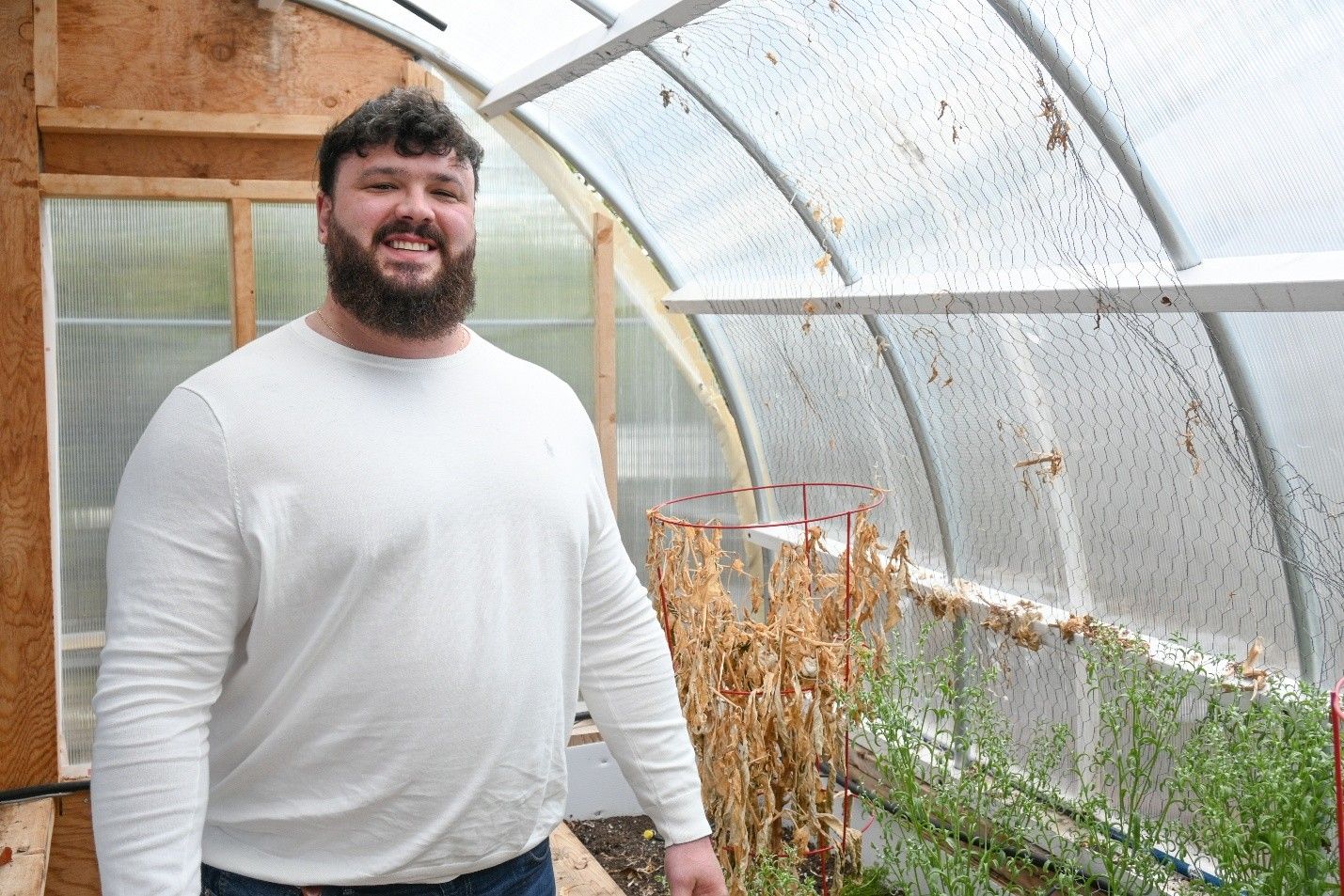
You sometimes work with the same young people for years. What’s that like?
It’s a privilege. I’ve seen youth grow up, and I’ve been with them through incredibly difficult moments in their lives. The most turbulent times in a child’s experience in care are when they enter and when they leave. Our work is relational — it's about connection and trust. When a young person feels you're truly there for them, that’s the foundation for healing and growth.
What makes for a good day at work?
Honestly, a good day is a normal, stable one. If a youth can get up, have breakfast, go to school, come back home regulated and happy — that’s a win.
And then there are those breakthrough moments. When a youth who struggles to connect suddenly opens up — maybe through video games or a shared interest — and starts to build confidence in their relationships. That’s what I live for.
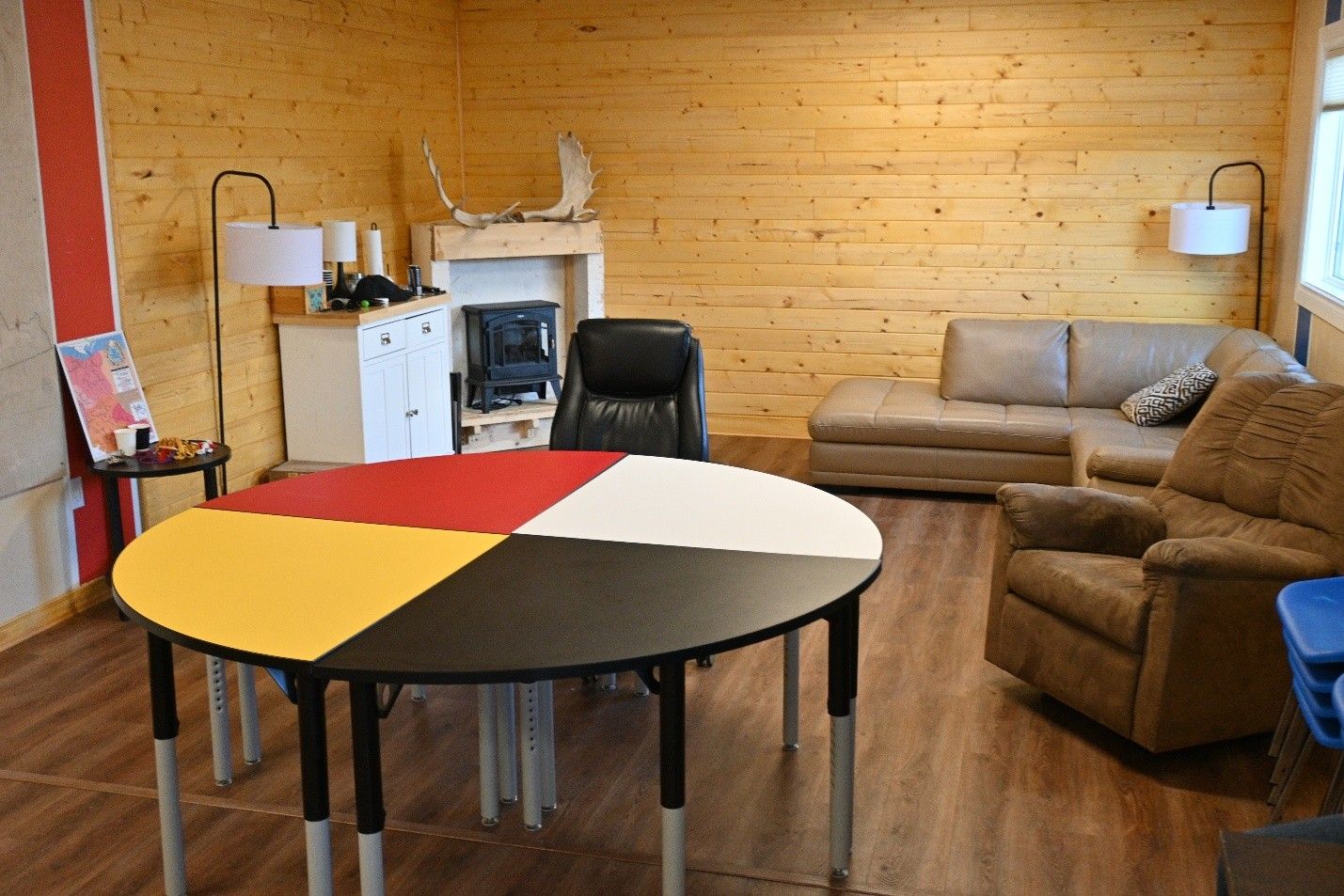
What advice would you give to someone considering this career?
If you feel a calling, follow it. There are ups and downs in any job, but if you have a passion for this work, it’s worth it. You can have a meaningful career. You get to build real connections with youth and — hopefully — make a difference. I just had a young person reach out to me a few days ago. I worked with them 12 years ago, and they sent a beautiful message. That kind of moment gives me life. It reminds me why this work matters.
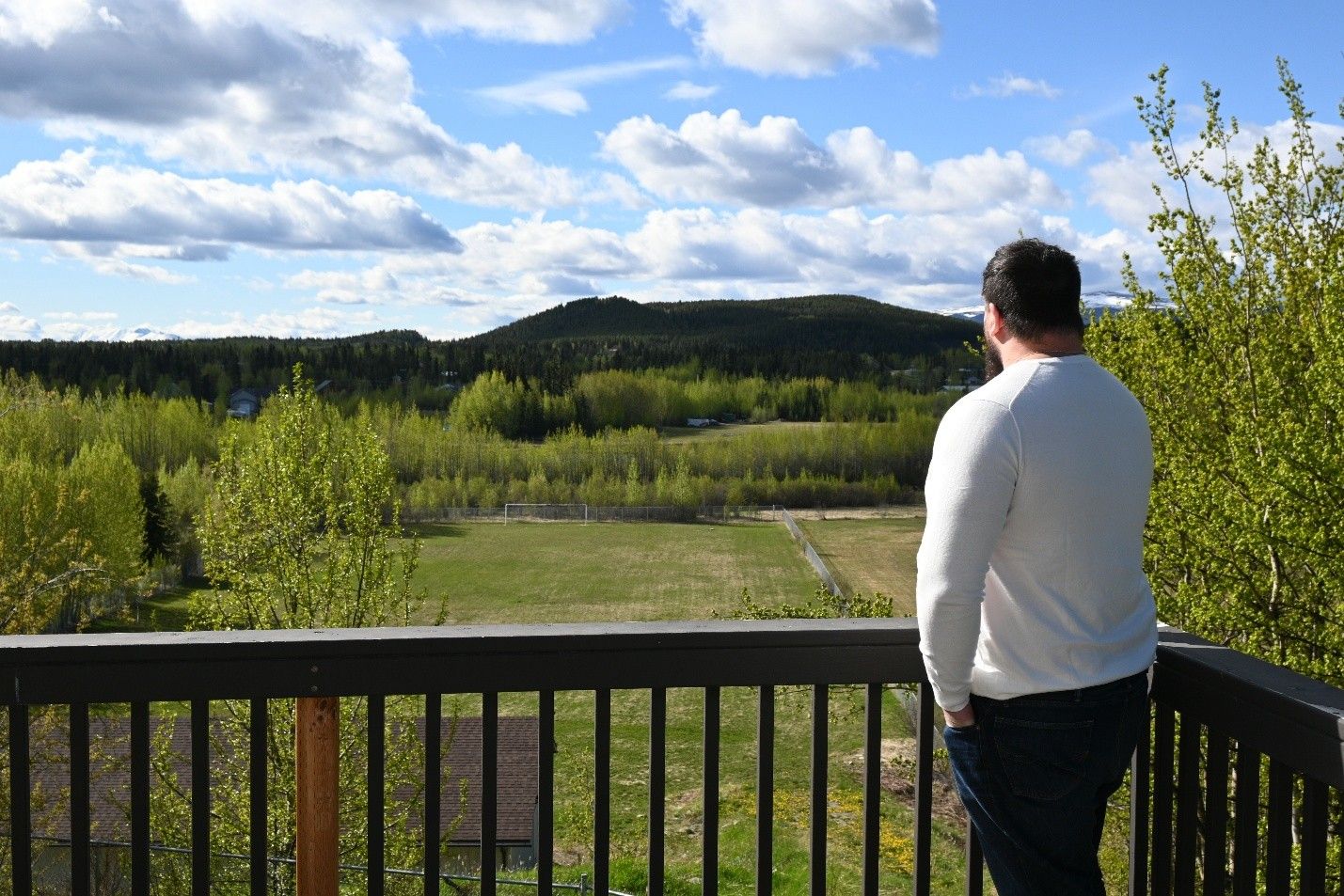
Anything you’d like to add?
I want to recognize all my colleagues — the other transition support workers, supervisors and caseworkers. This work is demanding. It takes a toll sometimes. But they show up every day, and they do it with heart.

